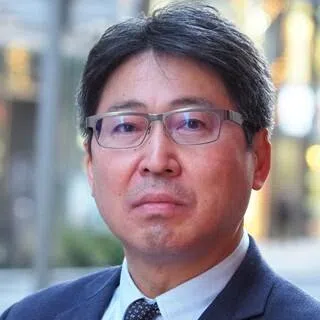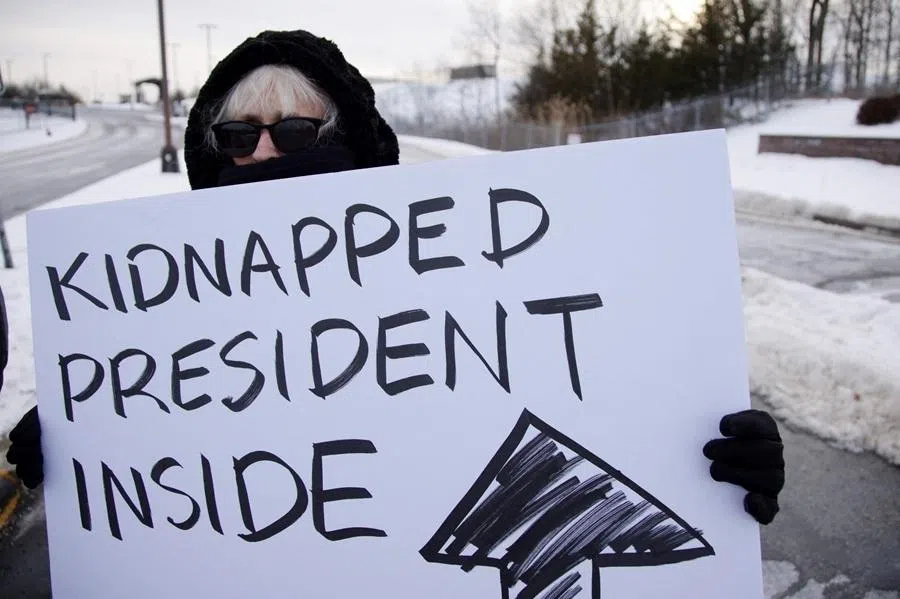Kishida administration’s foreign policy: Hits and misses
With Japanese Prime Minister Fumio Kishida announcing that he will not seek re-election, Japanese academic Shin Kawashima reviews Kishida’s diplomatic choices during his term, particularly Japan-China relations.
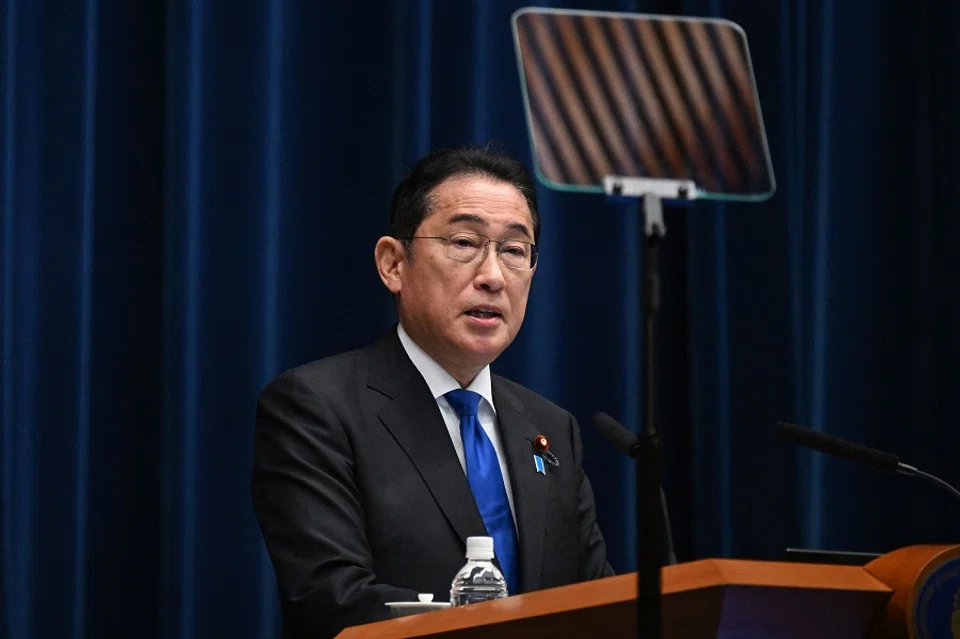
Japanese Prime Minister Fumio Kishida has announced that he will not run in the upcoming presidential election of the ruling Liberal Democratic Party (LDP), slated for 27 September, meaning that the Kishida administration, which has been in place since October 2021, will end this fall.
In Japan, lower house elections are generally held every four years (the last one was in October 2021), so the person who will be the next leader of the LDP, and therefore the next prime minister of Japan, will have to hold a lower house election at least by the fall of 2025.
This means Kishida will pass the leadership to his successor with about a year remaining in the current lower house term. Additionally, the prime minister has the authority to dissolve the Diet, so the next leader may choose to call an early election before the fall of 2025.
His achievements in the military and security fields have been striking...
Unexpected results in military and security
Looking back on Kishida’s three years in office, it can be seen that it was an extremely important period, with the country recovering from the Covid-19 pandemic, the war in Ukraine starting in February 2022, and the G7 Hiroshima summit in May 2023.
Over the past three years, Japan’s national power has declined significantly. Japan’s GDP has fallen to fourth in the world, and the inability to raise interest rates has led to a sharp depreciation of the yen.
On the other hand, Kishida has achieved many policy results that were unimaginable before the formation of his government. His achievements in the military and security fields have been striking, which is hard to conceive given that Kishida comes from Kochikai, which was considered the most liberal and dovish faction among the LDP’s political forces.
Specifically, his achievements include the revision of three security documents in December 2022 and his instruction to increase Japan’s defence spending to 2% of GDP by 2027. These policies were driven by heightened military and security tensions stemming from the war in Ukraine.
... the close relationship he established with South Korean President Yoon Suk-yeol and the significant improvement in Japan-South Korea relations can be said to be a distinctive achievement...
Coming into his own in foreign policy
Turning to diplomacy, a characteristic of Kishida’s diplomacy was that he kept pace with the US and the developed countries in preparing for a “future East Asian emergency” amid the Ukraine war.
However, around the time of the G7 Hiroshima summit, he made some course corrections, regaining flexibility as the only non-Western country in the G7; in recent years, he has also shown his own position on the Middle East issue and other areas. In addition, the close relationship he established with South Korean President Yoon Suk-yeol and the significant improvement in Japan-South Korea relations can be said to be a distinctive achievement of Kishida’s diplomacy.
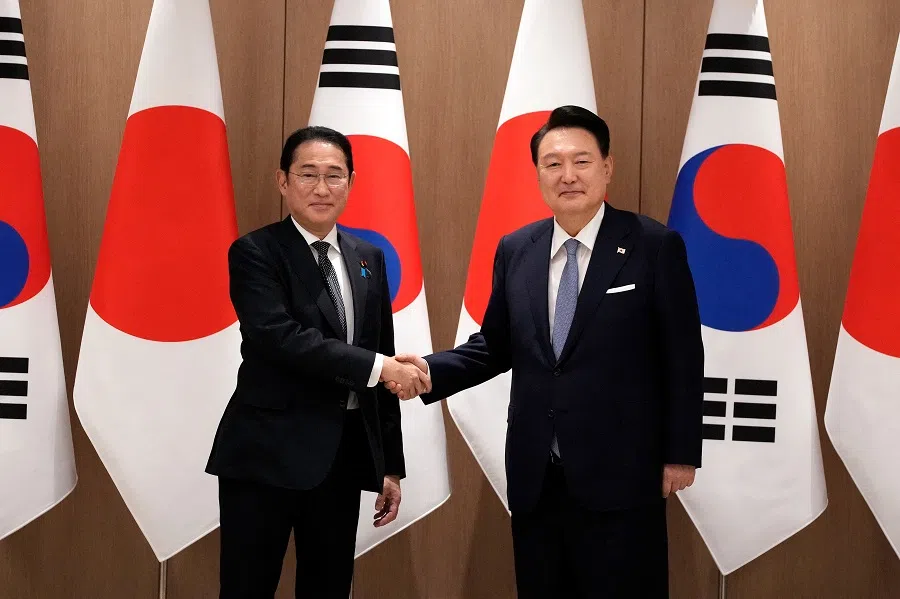
However, the intended goals have not been reached when it comes to relations with China. In a policy speech in October 2021, Prime Minister Kishida said he wanted to build a stable relationship with China, saying, “Through cooperation with countries with which we share universal values, I will say to China the things that need to be said and strongly urge China to act responsibly, while at the same time continuing dialogues with China and cooperating on matters of common interest.”
In Japan, the perception of China is extremely bad, and there was a critical view that the administration of Prime Minister Kishida, who comes from the liberal Kochikai faction, would become “pro-China”.
Wedge between Japan and China remains
In a telephone conversation with Chinese President Xi Jinping that same month, they agreed to “build a constructive and stable relationship between Japan and China”. However, there was no summit between Japan and China over the following year, and when Kishida finally held a summit with Xi in November 2022, he spoke of a “constructive and stable Japan-China relationship” and mentioned “the importance of peace and stability across the Taiwan Strait” as well as the issue of Japanese detainees, but there were few concrete results.
Kishida’s diplomacy with China was constrained by two factors. One was that with the start of the conflict in Ukraine, even though China and Russia are not allies, there was a widespread view that China was supporting Russia in the international arena, which allowed Russia to wage the war. However, while the leaders and ministers of Western countries continued their exchanges and dialogue with China, the dialogue between the leaders and ministers of Japan and China was lacklustre.
This was due to a second domestic factor. In Japan, the perception of China is extremely bad, and there was a critical view that the administration of Prime Minister Kishida, who comes from the liberal Kochikai faction, would become “pro-China”. Also, as prime minister, Kishida always faced the possibility of a lower house election, which made it difficult to pursue active diplomacy towards China.
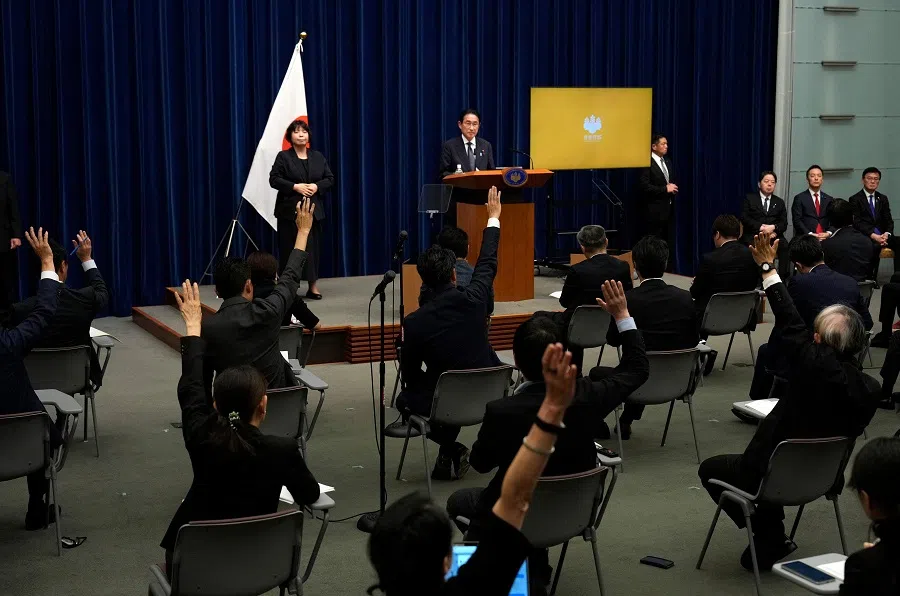
However, as noted above, by the time of the G7 Hiroshima summit, he was able to make a distinction between China and Russia, as reflected clearly in the summit’s joint communique: “We stand prepared to build constructive and stable relations with China, recognising the importance of engaging candidly with and expressing our concerns directly to China.
“Our policy approaches are not designed to harm China nor do we seek to thwart China’s economic progress and development.”
The statement also expressed various concerns about China, including the Taiwan Strait, the South China Sea and human rights issues, and can be said to have gotten results in terms of Kishida’s policy speech, where he spoke of saying to China what needs to be said.
The problem arises when it comes to “continuing dialogues with China and cooperating on matters of common interest”. In this regard, while Japan-China relations were again positioned as a “mutually beneficial relationship based on common strategic interests” at the Japan-China summit in San Francisco in November 2023, there were no concrete results.
Kishida was originally scheduled to visit Mongolia and five Central Asian countries in early August 2024. However, the possibility of a major earthquake in Japan was raised, and the trip was cancelled. Had the trip gone ahead, it would have given Japan-China relations a boost, but the Kishida administration ultimately did not achieve this outcome.
There were high expectations for “Kishida’s diplomacy” before the government was formed, but it will be left to future historians to assess whether it has been satisfactory.
This article was first published in Lianhe Zaobao as “岸田政府外交回顾”.
